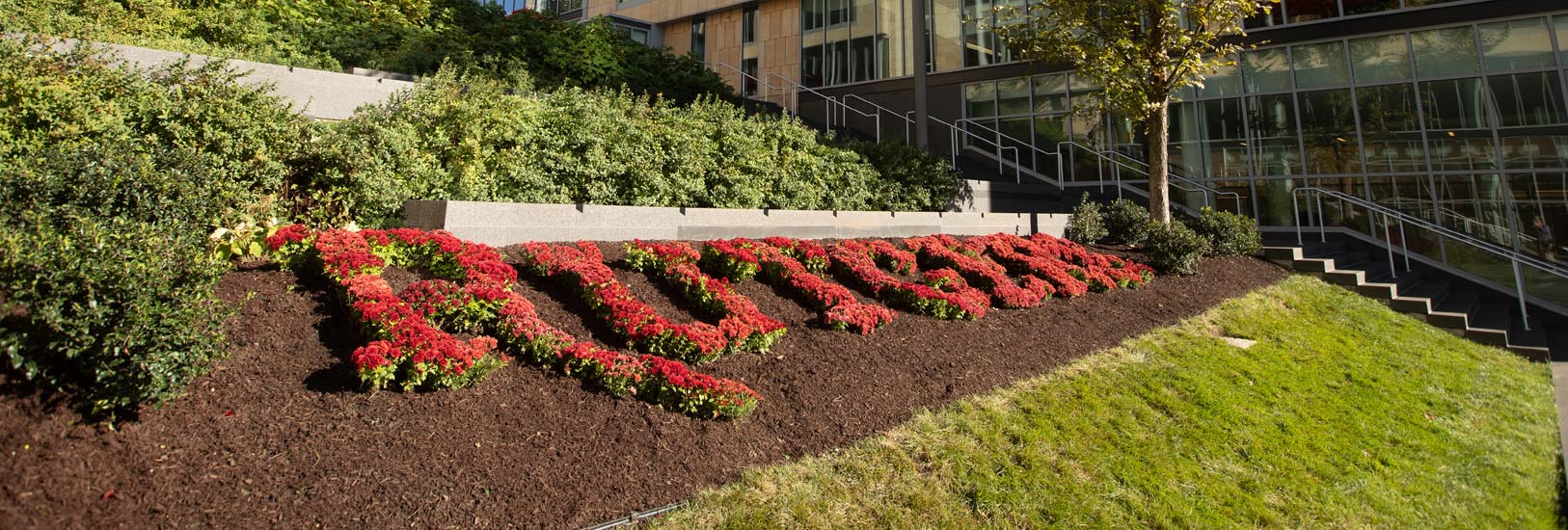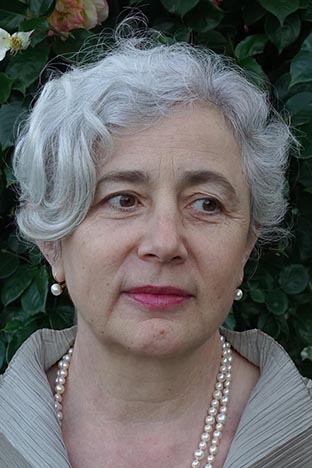36 credits, plus 3 zero-credit courses
Zero-credit Courses (required for all students):
- 17:610:501 Introduction to Library and Information Professions
- 17:610:502 Colloquium in Library and Information Studies
- 17:610:503 Professional Capstone
Minimum Technology Course Requirement (3 credits):
Note: This course is required for Library & Information Science students. For the other concentrations, our program assumes that students have attained the competencies and objectives listed for 550. Please look at the course to determine if you meet the standards. If you do not, you must also take this course. If you have any questions, contact Associate Teaching Professor of Library and Information Science Anselm Spoerri.
Foundational Requirements (Select 2 courses / 6 credits):
Note: Refer to the specific course study plans to see if a particular foundation course is required for your concentration.

 Coordinator:
Coordinator: